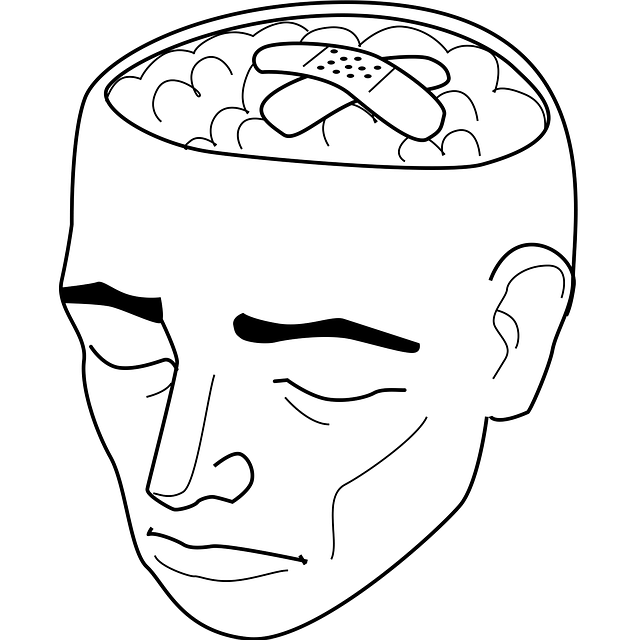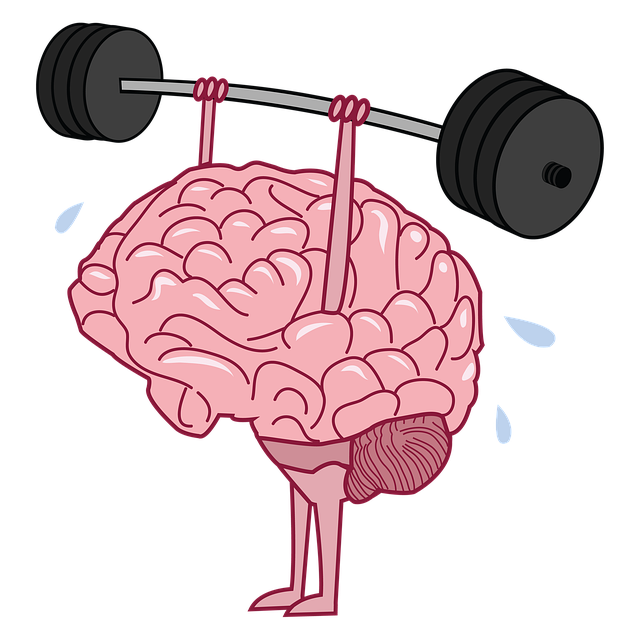Successful Wheat Ridge ADD-ADHD evaluations require thorough planning, including assessment planning, medical history gathering, and symptom documentation. Structured interviews with qualified professionals ensure accurate diagnoses. Preparing clients, managing anxiety, and incorporating positive thinking techniques enhance the evaluation process. Effective organization yields comprehensive insights for tailored therapy recommendations. Before launching a podcast series, define goals and target audience (e.g., young adults or healthcare providers) to offer targeted content like coping strategies, awareness raising, and therapy insights specific to Wheat Ridge's specialized ADD-ADHD evaluations and treatments.
“Unleash the power of audio storytelling to enhance mental wellness! This comprehensive guide takes you through the production of a podcast series focused on Wheat Ridge ADD-ADHD Evaluations and therapy. From planning and preparation, including defining goals, researching topics, and navigating legalities, to production aspects like equipment choice, recording techniques, and post-production magic, we’ve got you covered. Learn how to promote your podcast, engage listeners, and build a supportive community around mental health discussions.”
- Planning and Preparation for Wheat Ridge ADD-ADHD Evaluations
- – Defining goals and target audience
- – Researching and selecting topics relevant to ADD/ADHD
Planning and Preparation for Wheat Ridge ADD-ADHD Evaluations

Planning and preparation are key to successful Wheat Ridge ADD-ADHD Evaluations Therapy. Before beginning, it’s essential to organise a comprehensive assessment plan. This involves gathering relevant medical history, detailing current symptoms, and identifying specific areas of concern related to attention, hyperactivity, and impulsivity. A structured interview with a qualified healthcare professional or therapist is crucial for accurate evaluation.
Additionally, preparing the client by explaining the process and addressing any anxieties can enhance cooperation and data collection. Incorporating positive thinking strategies and conflict resolution techniques into the preparation phase may also help clients manage potential stress associated with evaluations. Effective organisation ensures that the assessment captures detailed insights, facilitating tailored recommendations for future therapy and management of ADD-ADHD symptoms.
– Defining goals and target audience

Before diving into production, it’s crucial to define clear goals and identify your target audience for any mental wellness podcast series. This process ensures your content resonates with those who need it most, in this case, individuals seeking Wheat Ridge ADD-ADHD evaluations and therapy or related mental health services. Consider the specific challenges and needs of your target demographic, whether they’re young adults navigating burnout prevention or professionals looking to enhance their cultural competency training.
Define measurable goals that align with your audience’s aspirations—be it raising awareness about mental wellness, providing practical coping strategies, or offering insights into effective therapy practices. This targeted approach will not only attract listeners but also foster meaningful connections, transforming your podcast into a valuable resource within the healthcare provider community and beyond.
– Researching and selecting topics relevant to ADD/ADHD

When producing a podcast series focused on mental wellness, particularly addressing Attention Deficit Disorder (ADD) and Attention Deficit Hyperactivity Disorder (ADHD), thorough research is paramount. Understanding the nuances of these conditions involves delving into the latest scientific research, exploring diverse therapeutic approaches, and engaging with experts in the field. Engaging with healthcare professionals in Wheat Ridge, known for its specialized ADD-ADHD evaluations and therapy, can provide valuable insights. Listeners benefit from discussions on effective treatment methods, including behavioral therapies, medication management, and innovative practices tailored to individual needs.
Relevant topics may include crisis intervention strategies for individuals living with ADHD, integrating mindfulness meditation into daily routines for improved focus and emotional regulation, and risk assessment techniques for mental health professionals when working with this population. Leveraging these discussions ensures the podcast remains informative, supportive, and accessible to those seeking guidance in managing ADD/ADHD symptoms while fostering a deeper understanding among listeners about the complexities of these neurodevelopmental conditions.
Producing a mental wellness podcast series focused on Wheat Ridge ADD-ADHD Evaluations and therapy involves careful planning and an in-depth understanding of your target audience. By defining clear goals and conducting thorough research on relevant topics, you can create valuable content that educates and empowers individuals navigating ADD/ADHD. This strategic approach ensures your podcast stands out in the digital landscape, offering a unique perspective on mental health and wellness.














